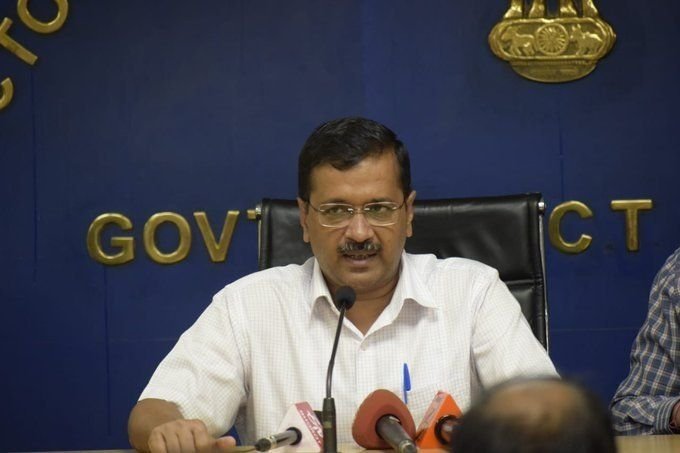Senior Advocate Fali S. Nariman, a renowned jurist, passed away on Wednesday morning at the age of 95. He graduated from the Government Law College, Mumbai, and began his legal career at the Bombay High Court before moving to Delhi.
The funeral will take place at 10 am on Thursday, February 22, at Parsi Aramgah near Khan Market in New Delhi. A prayer meeting (Uthamna) will follow at 4 pm at the Parsi Anjuman (Dharamsala) on Bahadur Shah Zafar Marg. He is survived by his daughter Anaheeta F. Nariman and son, Justice Rohinton F. Nariman, who was previously a Supreme Court judge.
Nariman was highly regarded in legal circles, often described as a “towering intellectual,” “conscience keeper for judicial institutions,” and “one of the last legends of the Bar.” Over his extensive seven-decade career, he earned respect from both the Bar and the Bench.
After graduating in 1950, Nariman started his legal practice at the Bombay High Court and was designated as a Senior Advocate in 1961. He later moved to Delhi to work at the Supreme Court of India.
Nariman served as Additional Solicitor General under the administration of Indira Gandhi in 1971 but resigned in 1975 during the national emergency. He was known for his integrity, as seen when he resigned from representing the Gujarat government in the Project Narmada case due to persecution of Christians in the state.
In various significant cases, Nariman played a crucial role, such as the IC Golaknath case, Minerva Mills v. Union of India, and TMA Pai case. He also represented Union Carbide in the Bhopal Gas disaster case and was part of the legal team in Supreme Court Advocates-on-record Association & Anr. v. Union of India.
Recognized for his contributions, Nariman received the Padma Bhushan in 1991 and the Padma Vibhushan in 2007. He was a nominated member of the Rajya Sabha from 1999 to 2005.
Throughout his life, Nariman was vocal about judicial issues and injustices. He criticized the Collegium system for judicial appointments but acknowledged it as the lesser of two evils. He expressed disapproval of the Supreme Court’s decision on Article 370 and criticized the behavior of contemporary governors.
Nariman staunchly defended the Basic Structure doctrine and emphasized the importance of addressing the Constitution’s shortcomings while acknowledging its role in facilitating national unity.
In various interviews over the years, Nariman continued to advocate for justice and integrity within the legal system.



